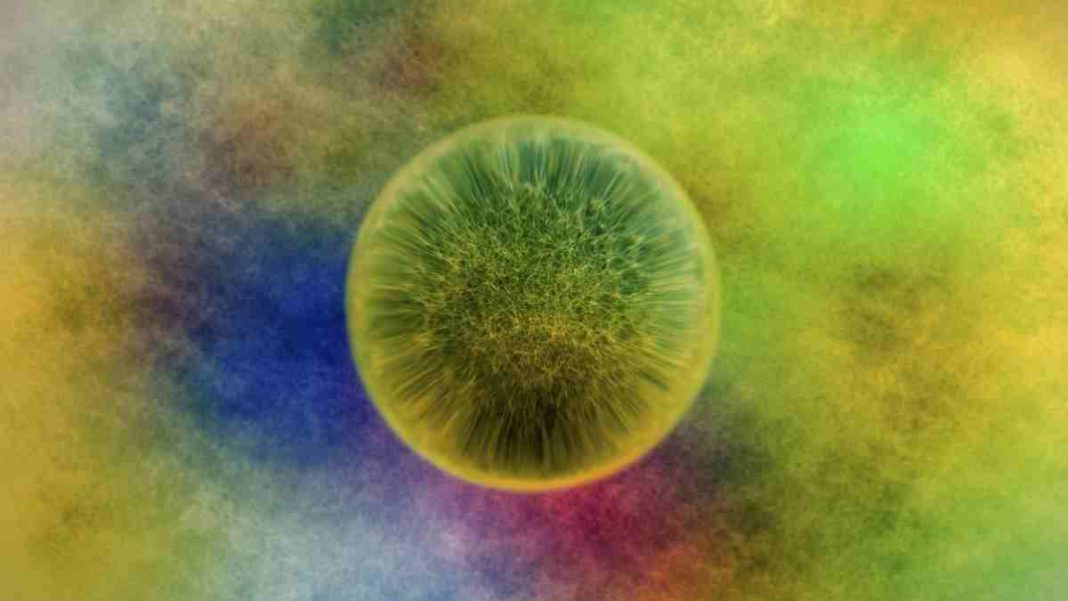UNITED STATES: For the first time in history, scientists have managed to observe the fascinating phenomenon of “quantum super chemistry” within a laboratory setting, unlocking new possibilities for faster chemical reactions and advancements in quantum computing.
Quantum superchemistry, a concept that had been theoretical until now, has finally been witnessed in action by researchers.
This phenomenon involves the accelerated chemical reactions of atoms or molecules that share the same quantum state, compared to those in different quantum states. A quantum state encompasses characteristics such as angular momentum and energy levels within a quantum particle.
The breakthrough was accomplished through a meticulous process wherein entire molecules were coerced into the same quantum state. Astonishingly, this approach resulted in collective chemical reactions among the molecules, demonstrating quicker reaction times as the atom density increased.
“This has been a scientific goal for 20 years, so it’s a very exciting era,” remarked Cheng Chin, the lead researcher and a physics professor at the University of Chicago.
The experiment involved caesium atoms that were cooled to near absolute zero, allowing researchers to align their quantum states. The subsequent alteration of the magnetic field initiated the chemical bonding of the atoms, leading to notably swifter reactions compared to the norm.
Apart from its implications in quantum chemistry, this breakthrough has profound significance for quantum computing. Molecules sharing the same quantum state possess shared physical and chemical properties, which is advantageous for quantum computing applications.
This development is part of the burgeoning field of ultracold chemistry, which strives to exert precise control over chemical reactions by harnessing quantum interactions at extremely low temperatures.
While the study primarily focused on simple molecules, the next step is to extend this breakthrough to more intricate molecules. Cheng Chin expressed the desire to explore the boundaries of quantum engineering and extend its reach to complex molecules.
The successful demonstration of quantum superchemistry marks a pivotal point in scientific advancement, offering the potential for revolutionizing the realms of chemistry and quantum computing.
As researchers delve deeper into this newly unveiled realm, the prospects for innovation seem boundless. The journey to unlocking the mysteries of complex molecules has just begun, and the scientific community eagerly anticipates the discoveries that lie ahead.
Also Read: Understanding the Unruh Paradox: The Inexplicable Conundrum of Acceleration and Quantum Physics



